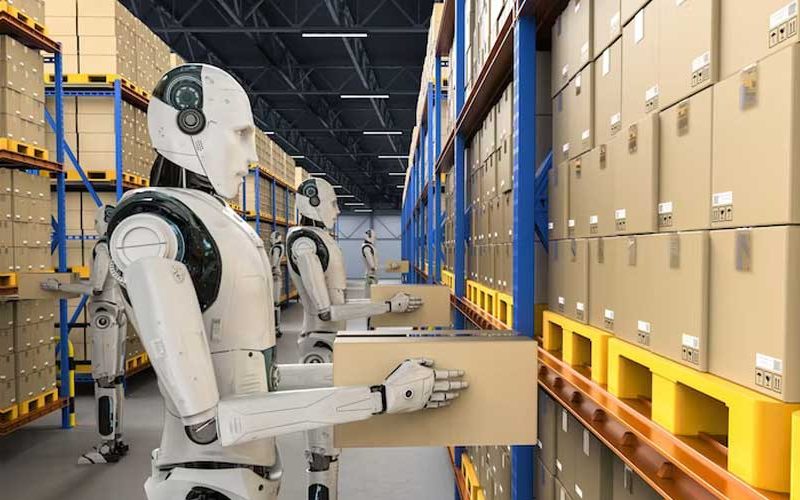Streamlining inventory management with AI, a game-changer for businesses
In today’s fast-paced business environment, efficient inventory management is crucial for maintaining customer satisfaction, reducing costs, and maximizing profitability. Artificial Intelligence (AI) has emerged as a technology revolutionizing traditional inventory management practices. This article delves into the multifaceted role of AI in inventory management, highlighting its capabilities in streamlining processes, enhancing decision-making, and ultimately contributing to the success of businesses.
Inventory management has evolved from manual processes to highly sophisticated systems, with AI emerging as a driving force behind this transformation. AI offers a range of capabilities that enable businesses to optimize inventory levels, forecast demand accurately, automate repetitive tasks, and make data-driven decisions. As we delve deeper into the role of AI in inventory management, it becomes evident that its integration brings unprecedented efficiency and effectiveness to this critical aspect of business operations.
1. Demand Forecasting:
AI algorithms analyze historical sales data, market trends, and external factors to predict future demand accurately. This empowers businesses to optimize inventory levels, reducing the risk of overstocking or stockouts.
2. Real-Time Data Analysis:
AI-powered inventory management systems continuously monitor and analyze real-time data, enabling businesses to respond promptly to changes in demand, supply, or market conditions.
3. Automation of Routine Tasks:
AI automates routine tasks such as order processing, replenishment, and data entry. This frees up valuable human resources and reduces the likelihood of errors.
4. Inventory Optimization:
AI algorithms optimize inventory levels based on lead times, holding costs, and demand variability. This leads to reduced carrying costs while ensuring product availability.
5. Supplier Relationship Management:
AI facilitates the management of supplier relationships by analyzing supplier performance, lead times, and costs. This ensures efficient procurement and minimizes disruptions.
6. Dynamic Replenishment:
AI adjusts reorder points and order quantities dynamically based on changes in demand patterns, lead times, and external factors, ensuring optimal inventory levels.
7. Stockout Prevention:
AI algorithms can identify potential stockouts and trigger alerts or automatic reorder processes to prevent disruptions in supply and meet customer demands.
8. ABC Analysis:
AI categorizes items based on their value and usage, allowing businesses to allocate resources and focus on high-value items while optimizing inventory for low-value items.
9. Seasonal Demand Management:
AI identifies seasonal trends and patterns in demand, enabling businesses to plan for increased demand during peak seasons and optimize inventory accordingly.
10. Enhanced Decision-Making:
AI provides businesses with data-driven insights and recommendations for inventory management strategies, helping them make informed decisions that align with business goals.







